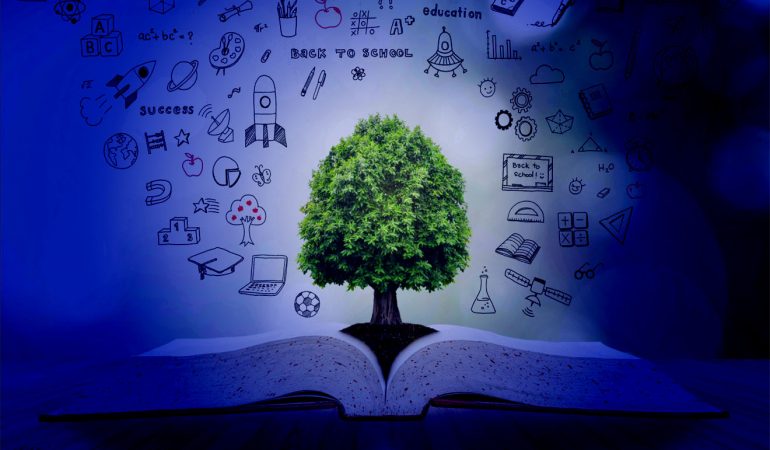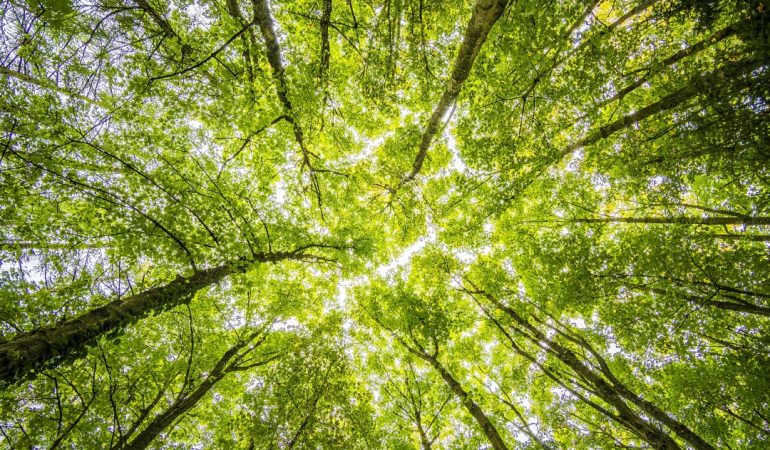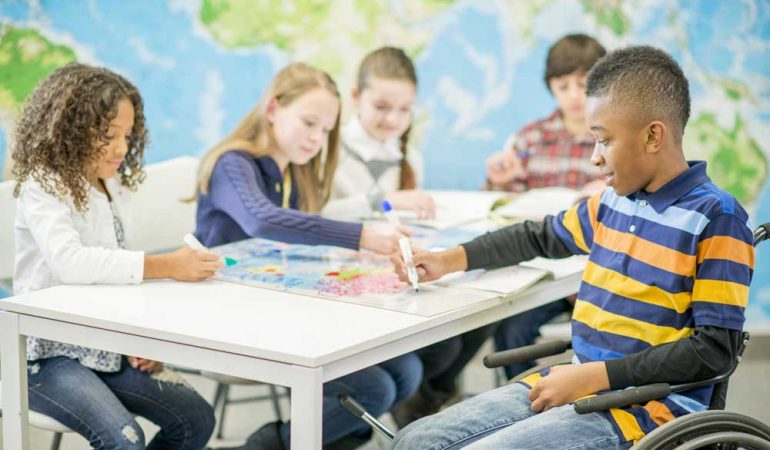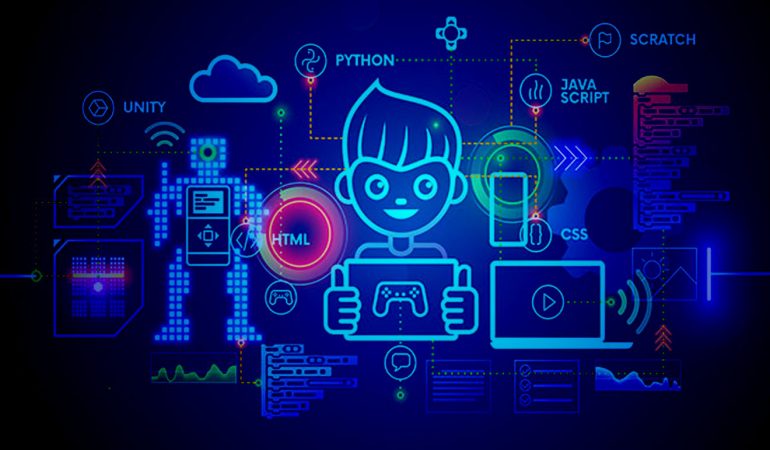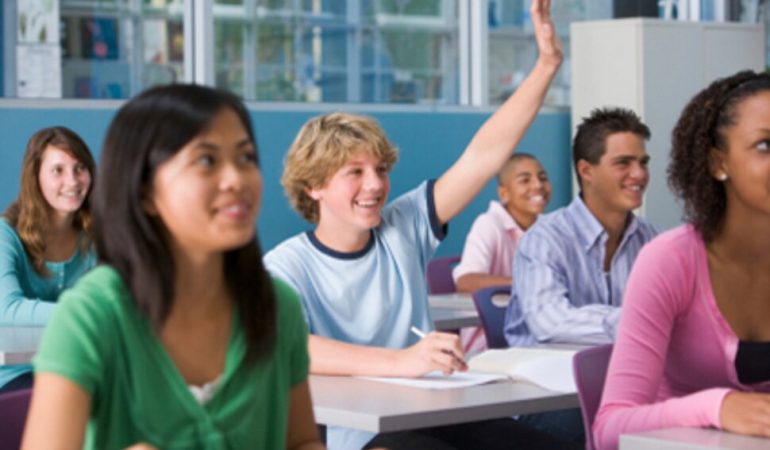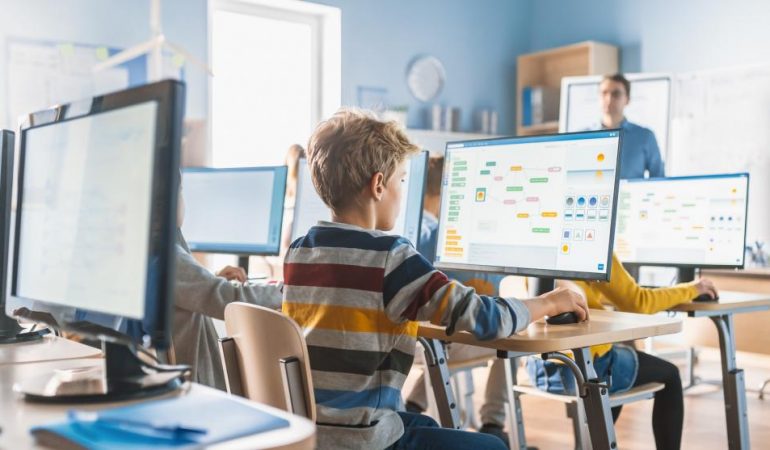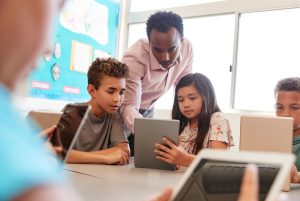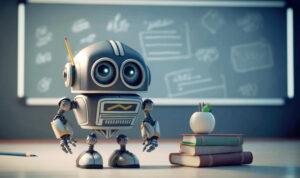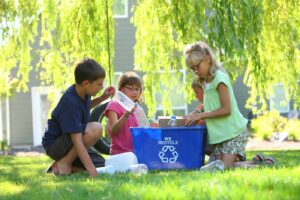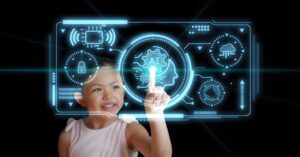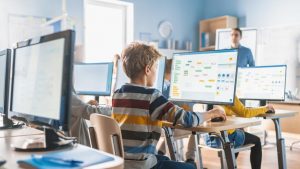Eco-School
Climate change is currently affecting every country on every continent. It affects and will continue to affect our quality of life unless we try to educate ourselves and our children to make changes in our lives that will less impact the environment.
The ‘My Eco-School and Sustainable Development’ course is aimed at teachers and education personnel who want to improve in the field of environmental education, management and sustainable development. It is a training course for preschool, primary and secondary school teachers, management staff and education staff. During this course you will learn more about the environmental issues facing our world and region and how it affects our lives and society, and the principles and techniques of education for sustainable development.


